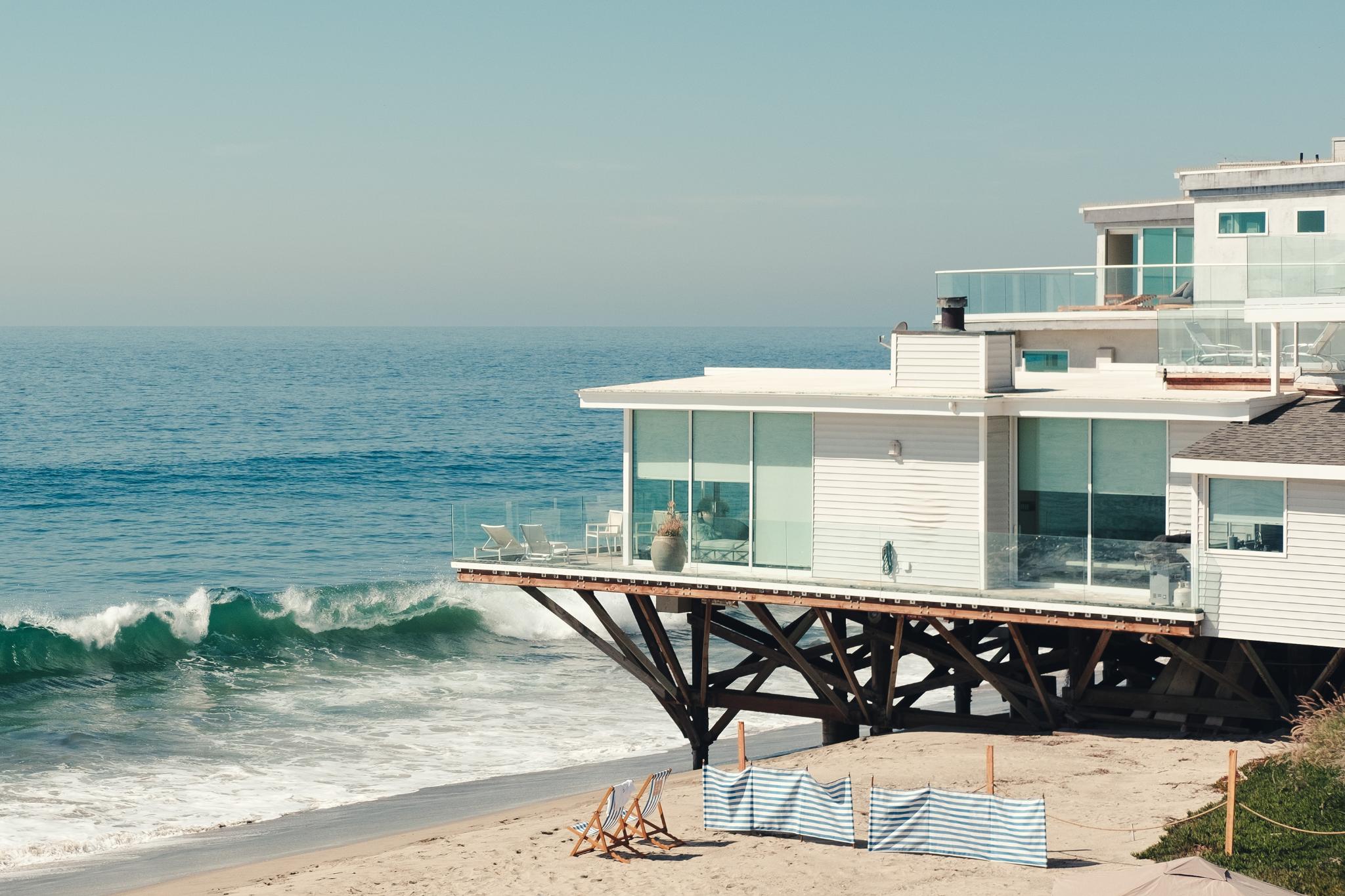Private Equity Giant Starts a Vacation-Rental Side Hustle
TPG, a San Francisco-based investment firm, has begun purchasing single-family homes in Florida tourist destinations.

Sign up for smart news, insights, and analysis on the biggest financial stories of the day.
A giant private equity firm is aiming for Superhost status in the short-term rental marketplace.
TPG, a San Francisco-based investment firm that manages more than $200 billion in assets, has begun purchasing single-family homes in Florida tourist destinations with the sole purpose of renting them via sites like Airbnb, The Wall Street Journal reported.
Everybody’s Coming to My House
An early narrative of services like Airbnb and Vrbo was that average folks could supplement their income by renting out their homes — or even just a few rooms — to vacationing guests. The competition became more crowded when wealthy second-home owners and real estate firms started listing properties as well, and now private equity — an industry with trillions of dollars in backing — wants a piece of the action.
PE firms make money by acquiring companies, improving their values, and selling them off for a profit — sort of like flipping houses. But real estate isn’t exactly a new venture for PE: Invitation Homes, which spun out of Blackstone in 2012, has been buying houses for years and renting them on longer leases of a year or more. TPG’s strategy is to cash in on the growing trend of “bleisure travel”:
- TPG seeks to attract business travelers who come into town for work but want to stay a few extra days relaxing with their families. The firm has bought up about a dozen homes — some worth more than $1 million — in Fort Lauderdale, Pompano Beach, and other vacation locales in Florida, which will be managed by New York-based hospitality firm Kasa.
- The scope is fairly limited right now due to high-interest rates and housing costs, but if all goes well for TPG’s pilot program, it could expand to other regions, the WSJ reported.
Headache Hotel: Travelers looking for slightly longer stays want a kitchen, a living room, and some space to stretch their legs — things Airbnb tends to offer in spades. To keep pace, hotel chains like Hilton, Marriott, and Hyatt have created extended-stay brands that act more like temporary apartments than traditional hotel rooms.
And hotels generally have the advantage of reliability. Guests mostly know what to expect, while an Airbnb might look great online but be quite the opposite in real life — an issue that CEO Brian Chesky admitted needs fixing. With their mountains of cash and vast resources, PE firms listing on Airbnb could start to shrink the disappointment factor. Hotel owners at least have their own in-house markets for future access to aspirin, but what about all those out there who wanted nothing more than an honest side hustle?











